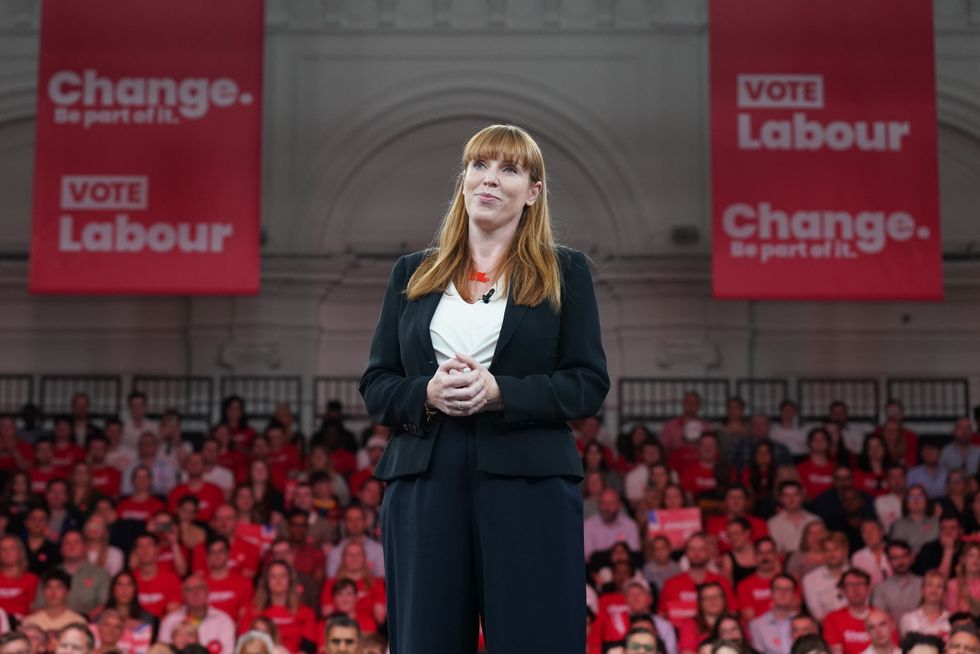Liz Truss has issued a stark warning against the Government’s plans to give more powers to the Office for Budget Responsibility (OBR).
The former Conservative Prime Minister, who resided in No10 for just 44 days, has criticised the new Government’s Budget Responsibility Bill, which is due to be debated in the Commons for the first time later today.
The bill is aimed at creating what the Government has dubbed a “fiscal lock”, ensuring that any major tax or spending plans set out by ministers are automatically subject to an assessment by the independent OBR.
Truss, who lost her South West Norfolk seat by just 630 votes, and her then-chancellor Kwasi Kwarteng announced £45billion in unfunded tax cuts following a mini-budget in Autumn 2022 spooking the markets, leading to soaring mortgage rates. She also sought to challenge the narrative that it was her short-lived tax-cutting agenda that caused financial chaos.
Speaking about the Bill, Truss said: “The OBR has been found time and time again to have been wildly inaccurate in its forecasting, so enhancing the status of this unelected and unaccountable body is a fatuous move that will only serve to restrict the ability of elected ministers to make decisions in the national interest.
“Since 2010, the OBR – according to its own assessment – has, on average, misjudged the UK’s public sector net borrowing by £52.5billion and miscalculated the UK’s annual growth by £46.5billion every year.
“These are hardly rounding errors, yet its incorrect projections are used to put politicians in a straitjacket, as I discovered when attempting to boost economic growth with relatively modest tax cuts.”
Angela Rayner set to announce ‘sweeping changes’ to planning system

Deputy Prime Minister Angela Rayner
PA
The Deputy Prime Minister and Housing Secretary is expected to address MPs about an overhaul set to include bringing back mandatory housing targets and more detail on the land Labour could use for development.
The Government says it is committed to preserving nature, but that the so-called grey belt, low-quality areas such as disused car parks and wasteland on parts of protected land known as the green belt, could be built on.
The announcement will introduce “golden rules” to ensure development works for local people and protects the environment, Rayner has said.